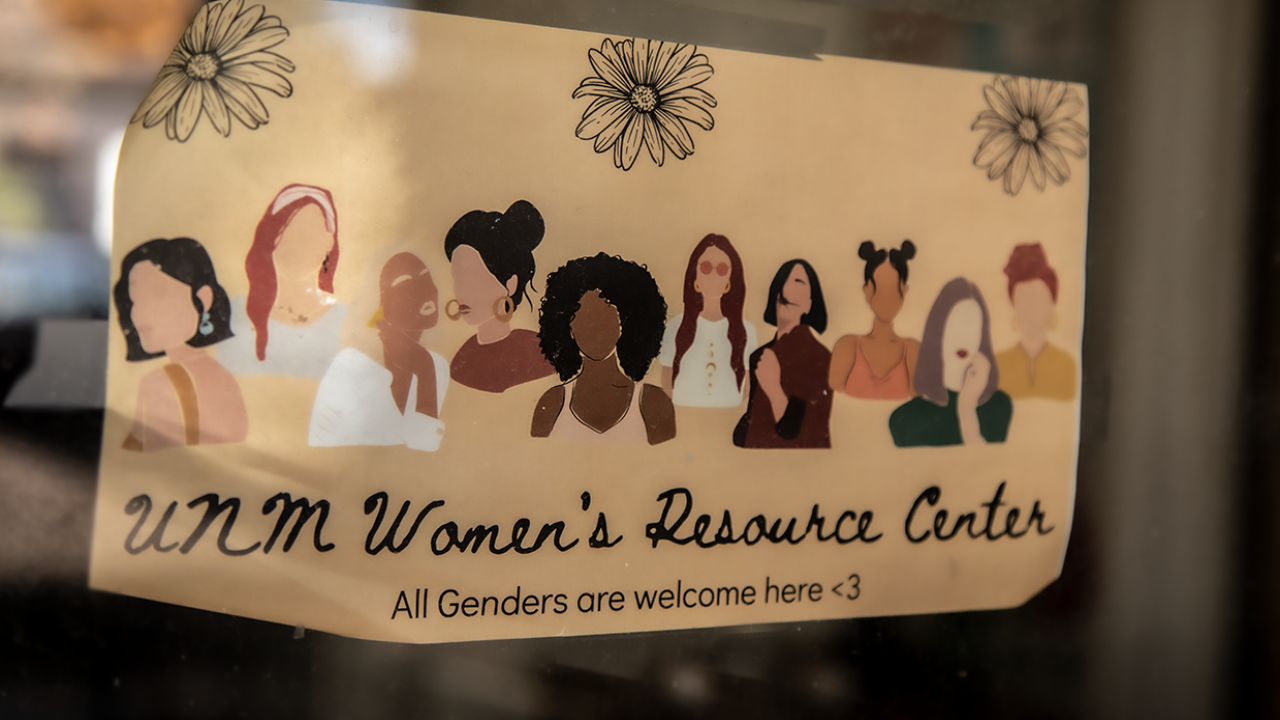UNM Women's Resource Center receives $300,000 grant to further protect campus
October 27, 2022 - Savannah Peat

Protecting survivors, safeguarding students, faculty and staff, and opening more doors for all: that’s what UNM’s Women’s Resource Center (WRC) and its partners will be able to do more of.
That’s thanks to a new $300,000 federal grant from the The Office on Violence Against Women (OVW), created under Violence Against Women Act (VAWA).
The three-year grant will be focused on providing services to fight the most pressing, personal issues facing the community. As in the name–Grants to Reduce Sexual Assault, Domestic Violence, Dating Violence, and Stalking on Campus Program– the money will pay special focus on cutting down on each of these issues, while supporting trauma-informed responses.
“We want to prevent all of these things from happening,” Director for El Centro de la Raza and grant investigator Rosa Cervantes said. “But we have to recognize we have to have measures in place to support our victims when it does happen.”
VAWA was signed into law in 1994 by former President Bill Clinton. It established OVW and funneled over $1 billion towards pushing penalties for those who commit violent crimes against women, as well as providing assistance to those women themselves.
It’s an old problem, one which UNM has been confronting on paper since 2016, with the Department of Justice (DOJ). Following three years under a formal agreement, UNM had to comply with obligations under federal civil rights laws to prevent and address sexual misconduct, and to provide clear and consistent policies and procedures for reporting, investigating and responding to such conduct.
“I think in many ways UNM has come such a long way from the DOJ,” Cervantes said. “But it's important to recognize there's a lot of work to be done. The grant allows us to spotlight the work that needs to be done and implement some things that will help us grow as a campus,”
Although the University has taken large steps forward since this investigation, incidents of sexual assault and more, are now only compounded today in the world with new avenues, and trailing effects from the COVID-19 pandemic.
View full article at UNM Newsroom
